I learned at a young age that anger was acceptable if you were displaying it on behalf of someone else. I learned at an adolescent age that if I was going to be angry then I had better be ready to deal with the consequences. What I am learning at this somewhat moderate age in my early 30s, particularly at a time of staying home and really getting to know one’s self, is that my anger ebbs and flows like an inner tide, rises up and tumbles hard, like a toddler, trains for sprints as well as marathons, and floods through me as an undercurrent of unexamined ancestry. My anger contains multitudes, my anger is an Aries.
I often find myself considering a hypothetical History of Anger; I like to imagine that I can trace it back to the origins of all emotion. I am something of a prolific casual emotional historian, if you will. I imagine that at the beginning of time our anger originated toward the earth. In my knowledge of my Personal History, anger runs through my maternal bloodline, can be traced back to being taught violence and hatred during slavery and rejected by society in the aftermath of “freedom,” can be traced further back to being shown malice and treachery during the rape and pillage and takeover of the Americas. I imagine we have been shown violence and now it is all we are supposed to know. For me and mine, it’s a painful, palpable substance that has yet to be spoken of under proper conditions and as such runs unchecked in the pipes, within the walls, dismissed as fact and foundation. There are few stories passed down in our family that do not involve anger in some form: betrayal, deceit, abandonment, punishment. I imagine we were shown hideousness and expected to pass it on amongst our own, become our own undoing. I don’t actually do any research about it, have not read the book on Post-Traumatic Slave Disorder, certainly can’t ask my family about it. I imagine I come from a long line of taking issue with authority figures. It figures.
I learned around age eight that there was no room for my anger. It was not simply useless, but in fact quite dangerous, could trap me and did, many times, in my pursuit of my desires. I imagine my mother taught me to squelch my anger so that I wouldn’t grow up to be seen as an Angry Black Woman. But I found it quite effective when used in defense of others, befriending a bullied classmate, stepping in to prevent my mother from beating my little sister. Anger for others seemed to have a place, a function, afforded me a voice that I lacked for myself. Agency snuck in through the side gate and found stability along the neighbor’s fence. It never seemed safe to approach my own personal anger, so I developed a dance with it in which I could imagine it never really existed. What I did come to know about myself and those feelings developed through my obsessive journaling, the only practice I knew of that would actually hold my feelings without punishment.
It was getting to know anger in my 20s that proved most interesting. I was angry about my own work and its lack of reception. I had been writing flash memoir exercises, excising a single imprint in time and creating fullness in a brief space. Acquaintances who asked about this practice seemed puzzled, inquiring about its purpose. This was 2014, the same year I read an interview with a Canadian literature professor who proudly boasted his refusal to teach any works by female (and with no justification, Chinese,) authors in his course, and the same year publishing around the world was made up of nearly 80% male authors. The anger stirred within me organically. I felt the match strike.
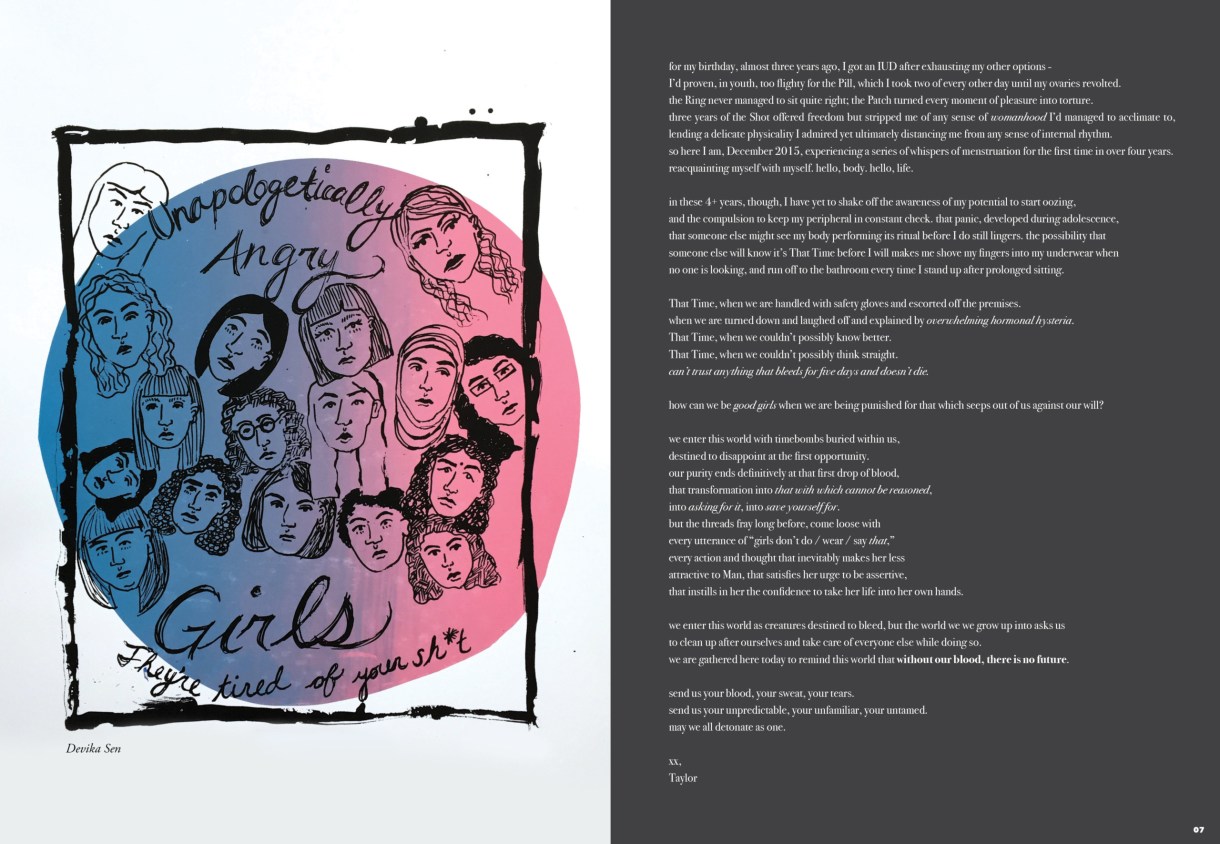
In the late fall of 2014, my missive launched into the inboxes of approximately 50 creative women I knew. Smack in the middle of the call to arms was a bold(ed) phrase:
What would our world be like if women were encouraged to be selfish?
I was coming into my own as a fully fledged Woman in my own right, accepting myself where I had felt rejected in my younger years — denied full status and relegated to the sidekick position, the nice for a Black girl to whom boys only came around after battling their inner demons of inherited racism and figuring out how to contort them into a fetish. I was ready to declare myself and to bring everyone else who was ready along for the ride. I thought, I’m going to put as many women as I possibly can into one publication, and they’re gonna get to say whatever the fuck they want. And Selfish the magazine was born.

The funniest thing I’ve learned about anger is that it can burn out just as quickly as it’s lit.That the power it generates at the onset can leave a void after it’s gone. And mastering it doesn’t translate into the glimmering fierceness that the power of its image presents. Sometimes it just burns. Other times it is drowned by our disbelief in its potency, or our inability to find actionable purpose. For an idealist like me, I found that my anger lost steam when it encountered the oppressive environments it rose up against. Time and time again it was met with the patriarchal attitudes it wanted to dominate. My anger may be an Aries, but my heart is a Pisces through and through, and my drive takes time and trust. It feels incompatible, to be so angry and so sensitive. That my own fragile mixed race tears could be complicit in deflating my trajectory.
Several amazing things about Selfish are true: it caught right away, sold out its first issue, introduced me to friends of friends and community, gave me agency to speak my voice, drew submissions from around the world, launched a successful Kickstarter, spawned cross-country literary events. Several less celebratory things about me became evident through Selfish, too: that I buckled under the pressure to make it financially viable, had no idea how to ask for help when I needed it, recoiled at the rejection of supposedly forward-thinking art fairs, developed envy for my peers who were clever with marketing strategies, alienated myself from support because of the shame I developed. What happened to that fire that had set everything alight? When I looked for it, I came back with a deflated, whiny ego, my enthusiasm snagged on reality, my dreams of elevating literary society crushed by the persistence of backwards politics and my own lack of stamina.
Many of these obstacles were real. At the time of the launch of Selfish, I was dating an amab white man who was a staple at the best-known annual art fairs. I was present at those fairs only because he was willing to share his table with me, a table he was entitled to year after year despite the fairs boasting “diversity.” I had Black women come up to my table and purchase issues and merch because I was literally the only person of color vending, had amab white men blink at me as I explained why women, and all marginalized artists, needed a dedicated space to tell their own stories. Thin, able-bodied mothers asked me why it was necessary to promote nude images of plus-sized women. Privileged white girls submitted unwittingly racist stories in which they claimed to play sole hero to younger girls of color. Every misfire chipped away at my determined facade, pointing out to me the nuanced ways in which the world did not always want to make room for those trying to make a place for ourselves.
Some of the obstacles were indicative of my foolhardiness. I like to imagine that we’ll be able to change the game. I went in wanting to believe that the pure rebellion of our mission would be enough to elevate us to immense popularity. I wanted to believe that I could start with the fuel of fire and figure out how to keep it going along the way. I wanted to believe, too, that I could somehow maintain this evolving being on my own, that asking for help was weak. Most foolishly, I wanted to believe that niche interest in print and print alone was sustainable. When I saw other publications charging money to submit work, I balked and refused like a noble naif. When I saw others ramping up merch production, I cringed and doubled down on the integrity, making only what was essential to the cause. When I saw projects asking readership to commit to more than one round of crowdfunding, I judged and promised myself we would never go there. Instance after instance arose when I clung to my underdeveloped values, yet lamented missed opportunities, lapsed progress. I saw the miles stretch between Selfish and peer publications, their audiences expanding by the hundreds while we remained firmly in the hundreds.
I struggled to properly determine the identity of Selfish in a world of rapidly evolving standards and call-out culture. As my consciousness expanded beyond the experience of womanhood, as I explored queerness in me beyond my right to femmehood, so too did my desire to expand our demographic of readers and contributors. But I never landed on a strategy, and my tepid attempts to proclaim us different but united brought me questions from my POC community about representation. I responded as responsibly as I could while acknowledging my limited capacity to force engagement from desired demographics. I welcomed input and guidance, while accepting that it wasn’t anyone’s job to take the time to give it. I admit that this was perhaps the point of no return. It only took a handful of fractured relationships to snuff my flame. if I couldn’t represent our values, if I couldn’t reflect the voices and faces of our community, was I doing my job as editor-in-chief?
I only knew how to fight for a we and I was failing at it. My anger was shrinking by the moment, replaced with defensiveness. Without warning, three years into our run, I stopped responding to emails, took weeks to fulfill orders, and eventually dropped out of public view entirely.

Three years later, I’d assumed the fire was all but smothered, but I felt it again, a flicker, last summer.
It tasted different, curious, nascent. It had layers. I didn’t just feel the anger, I felt questions developing around it. How do other people process this? I realized I needed to hear stories. I hungered to see failures as well as successes. I wanted to see my experience contextualized by the experiences of others. And suddenly I found myself drafting another email.
I am interested in engaging in a conversation about how anger affects you as a person and as an artist.
I wasn’t the only one. The team was back. The artists were in.
My favorite response, from editor Kelsey Nolan:
“THANK GOD I HAVE BEEN WAITING FOR THIS EMAIL.”
Every step toward producing another issue has been tentative. I am still unsure that I can get the machine going again, that I have the drive to dig it up — especially now, at a time when nearly everything has become uncertain, and where money has become nonexistent. There is lingering shame about what came and went. But that little flicker keeps fluttering even on the days I let pass without addressing it. Perhaps this awareness is key to the very phenomenon I hope to observe and witness. I imagine we must each have our process.
Part of my process is letting myself understand what the process is day by day. There is the commitment to clearer conversations, to facing what can feel like a mountain and chipping it down to a molehill. There is accepting what is within my limits and embracing what I can allow myself to approach differently. Yeah, there’s some talking myself through it, too. Asking myself a volume of questions that one might receive from an insatiable child, at times. How can I guarantee I won’t buckle again? Is there still a place for this? What have I learned that will help me do this better the second time around? Do I have a thick enough skin to bear what I couldn’t before? But each patient step is a brick laid into a fireplace built to sustain an ongoing inquiry, a passionate search.
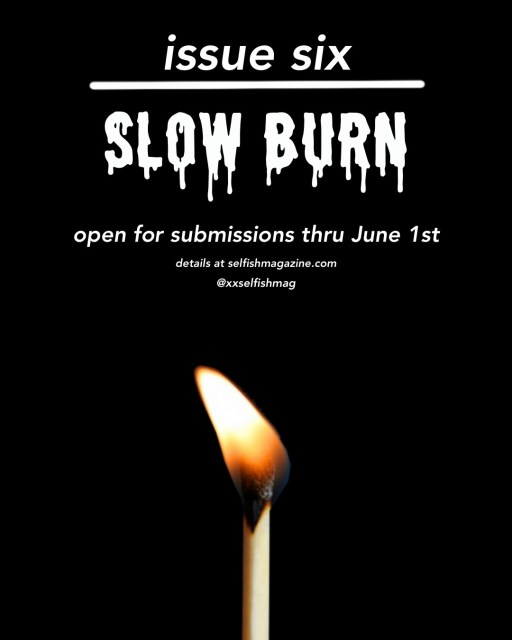
I stepped away from expectation when we opened submissions for the sixth issue. Whatever world is coming next, we will still need art. We will still need reflection, practice, a space to develop the self. A place to practice self-ish-ness. We will still need space to celebrate our experiences, to share our voices. I imagine we will still need process. I may not know toward what we are headed, but I’m excited to strike the match to light the way. 🌋
Edited by Kamala Puligandla 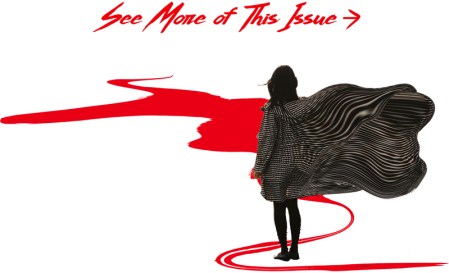
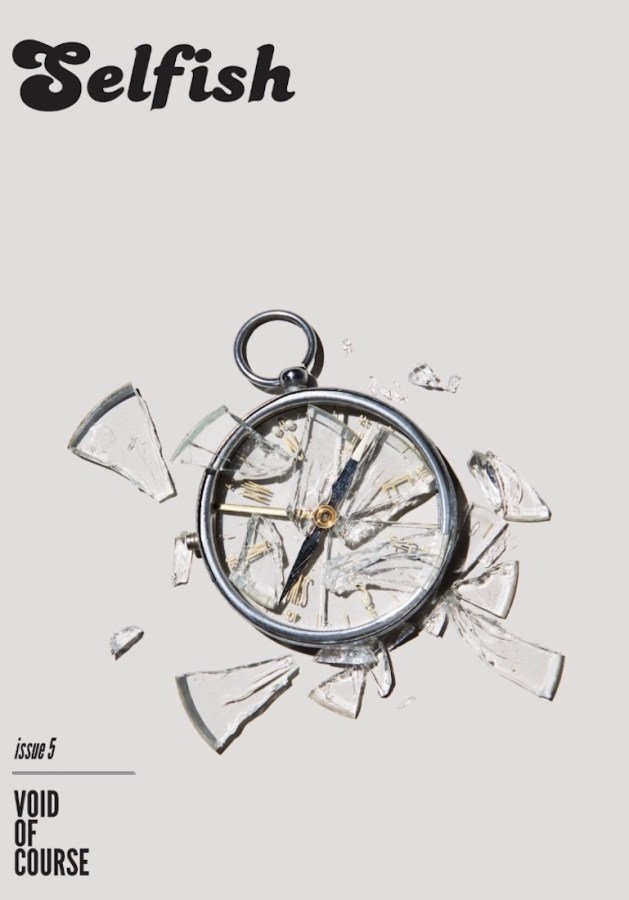
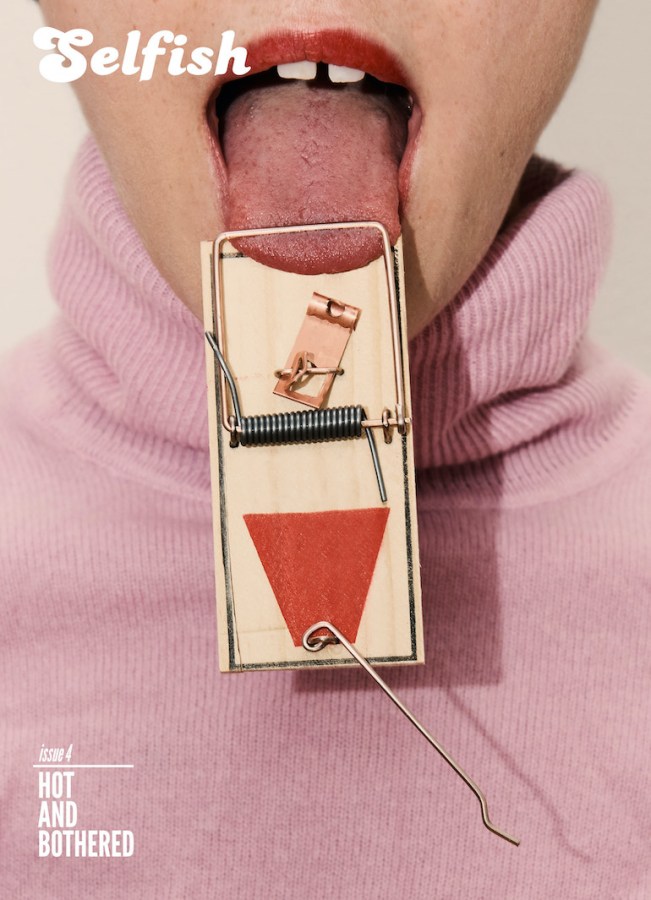
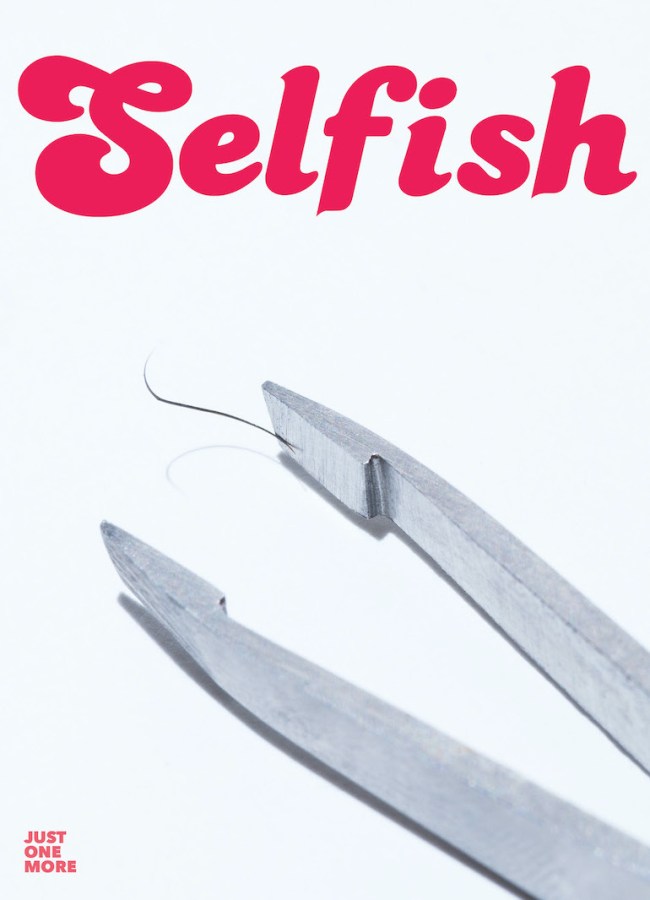

hell.yes. thank you taylor and thank you kamala and thank you autostraddle!
thank you for reading!!
This is so real. Thank you.
I’m so glad it resonated. thank YOU!!
Beautifully written, very open, and so fascinating! Thanks for sharing.
In case you face any challenges while placing an order, get in touch with our customer consultants for help. We as https://essaywritinghelp.pro/ work tirelessly to ensure that any time you need help with economics homework we provide the best assistance. Place an order with us now to get the best economics homework help online.